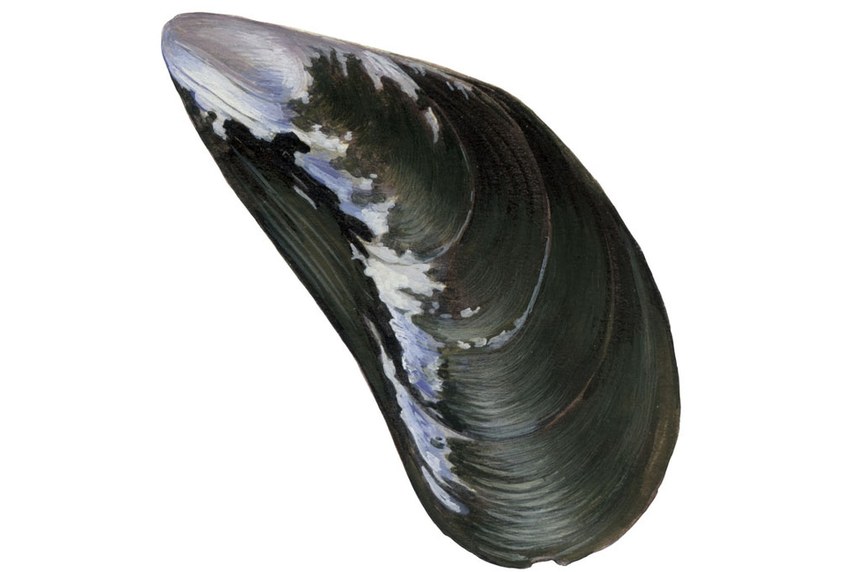Overview
Fisheries are composed of one or more parts, each of which is entitled to receive an MSC certificate. These parts or “units” are defined by their target stock(s), fishing gear type(s) and if relevant vessel type(s), and the fishing fleets or groups of vessels.
When the term “Unit of Certification” is used for fishing units that are in assessment, it refers to the “Unit of Assessment” or “Unit of potential certification”. Expand a status below to view the parts that form this fishery. To check the detailed scope, download the latest certificate or open the Assessments page to get the latest report. Find out more by visiting our page on Fisheries
Catch by Species
| Species | Reported Catch Year | Metric Tonnes |
|---|---|---|
| Blue mussel (Mytilus edulis) | 2020 | 39,000 |
Information is provided by an independent Conformity Assessment Body as live weight (the weight of species at the time of catch, before processing) and where a fishing season covers multiple years, the end year is given as the reported catch year. Additional information is available in the latest report, see the assessments page.
About this Fishery
Situated in the Waddenzee and Zeeuwse delta of the Dutch coastal region, when this fishery was certified in July 2011 it became the first large mussel fishery in Europe to achieve certification. Blue mussels occur predominantly in estuaries and can withstand a wide variation in environmental conditions.
The fleet is made up of 65 vessels, which fish using two or four mussel dredges. These consist of a metallic net (usually 1.9 metres wide) supported by a steel bar frame which is dredged along the sea bottom. When the net is full it is emptied into the boat hold.
The industry has frequent dialogue with environmental organisations and the government to improve sustainability. Mussel seed (known as ‘spat’) no longer only originates from the wild seed fishery, but is increasingly captured with spat collectors, such as underwater ropes, which intercept the seed as it floats towards the sea bed and are easy for fishers to access without impacting on the habitat. Area closures are another area of improvement.
"The desire to certify the Dutch mussel fishery came from the Dutch mussel trade. Important clients, particularly supermarkets, are asking for MSC certified fish, shellfish and crustaceans. Abroad, the first smaller mussel fisheries obtained MSC certification. In order not to lose our place on the shelves, we started the MSC assessment process in 2009."
"To us, MSC certification is the ‘licence to produce’. It is the reward for the sustainability measures that we have introduced over the years.”
- Hans van Geesbergen of the Dutch Producers’ Organisation Mussel Culture
Mussel (Mytilus edulis) image © Scandinavian Fishing Year Book
Market Information
Mussels from this fishery are mainly sold fresh on the Dutch (10%), Belgium (60%), French (20%), German and other EU markets (10%).
